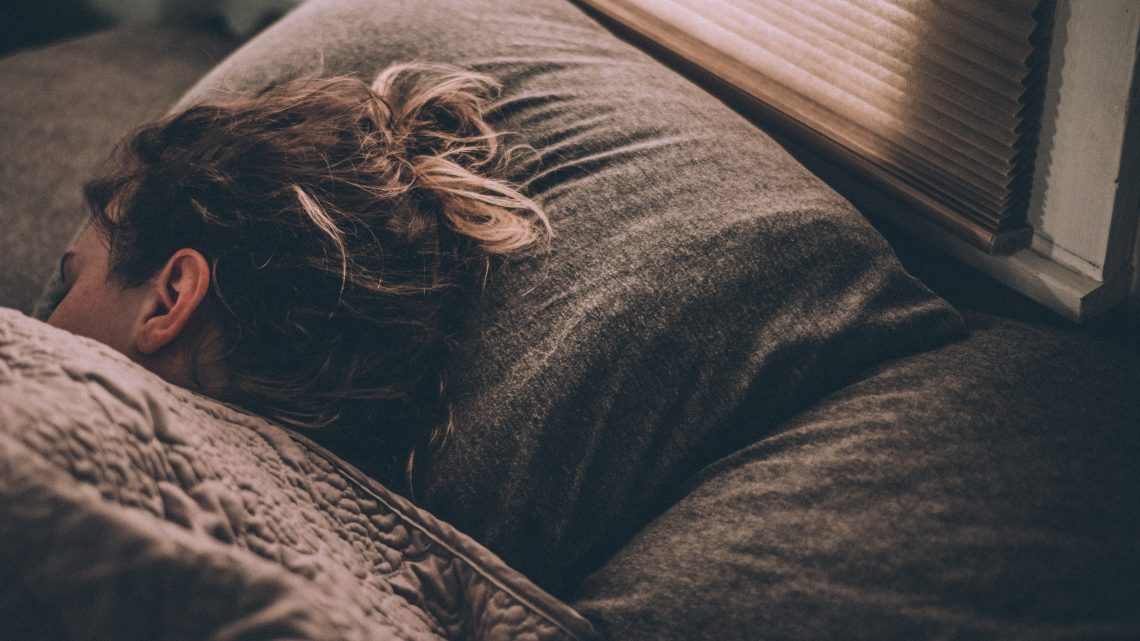Are restful nights few and far between for you? You can overcome the various issues contributing to your slumber woes by improving sleep hygiene using the following tips:
1. Have A Bedtime Routine
We are created as creatures of habit; thus, developing a routine preps your body and mind for different activities, including bedtime. The mind and body recognize various cues suggesting bedtime is near. It then triggers melatonin production to get you ready for sleep. Developing habits that ease stress and help you unwind or relax will be effective. Top suggestions to help in this area include:
Read a book:
Reading a box for roughly six to ten minutes a day can help reduce stress by nearly 68%. According to a CNET mental health writer, she enjoys better sleep when she reads minutes before bed.
Meditation:
Studies have found a close colouration between reduced cortisol levels and meditation before bed. Cortisol hormone is associated with stress, and you can counter it by increased melatonin production when meditation. Melatonin hormone is critical to your circadian rhythm (sleep-wake cycle). Meditation can also help you have a better grip on thoughts that can make you anxious, preventing them from impacting your sleep.
Take a bath:
A warm bubbly soak before bed promotes relaxation, lowers your body temperature, and gets you in a better mood for bed. You might think warm water will have the opposite effect, but it has been found to increase blood flow and set off the body’s temperature regulation system, which gets you to the ideal temperature for sleep.
Have a cup of tea:
We are talking about caffeine-free teas (herbal teas) known to ease anxiety and stress. Effective options include passionflower, chamomile, and valerian root teas.
2. Stay Off Electronics Before Bed
It might not be what you want to hear, especially when you cannot do away with tech devices because of your work. However, find ways to reduce the time on them or avoid them at least half an hour before bed. So, cut back on binge-TV-watching and avoid scrolling on your smartphone.
Many of these devices emit blue light that impacts sleep latency (how fast you sleep), therein your sleep quality. Your circadian rhythm is thrown off at the core of everything and, subsequently, the melatonin production. The notification sounds from your phone keep your mind alert when in bed instead of you unwinding and fading away into slumberland.
3. Exercise During The Day
Did you know that exercising during the day helps improve your sleep quality? The Sleep Foundation says it increases your heart rate and blood flow, priming the body for better sleep. In addition, they say that exercising can help you reduce your dependency on some medications.
According to a 2013 Sleep in America survey, around 76-83% of the respondents who did light to vigorous workouts said they enjoyed a sound sleep. Nonetheless, high-intensity exercises close to your bedtime result in an elevated heart rate and stimulated mind, which is counterproductive when trying to enjoy a restful night’s sleep.
4. Avoid Late Afternoon Caffeinated Drinks
You might create a cup of joe late in the day to help you wind up your schedule feeling energized, but it could have a negative impact on your sleep. Consuming too much caffeine too close to bedtime will keep you from falling asleep.
Research shows that coffee has a 4 to 6-hour half-life. In short, the body takes four to six hours to break down half of the caffeine in your system after taking your cup of coffee. Hence, you will keep feeling alert for an extended period, which can be counterproductive if it is near bedtime.
Experts recommend having your last cup of joe at least six hours before bedtime.
5. Start Journaling
Penning down your thoughts and day’s experiences helps your release, organize, and cope with stress and anxiety instead of having them running in your mind and preventing you from sleeping. Therefore, transfer your thoughts onto paper before bed. It also could help you prep for the next day’s or week’s schedule.
6. Consider Natural Sleep Aids
You can turn to natural sleep aids instead of relying on medications. Moreover, you can incorporate the aids into your bedtime routine. For instance, you can get the following remedies at a local store and discover how they promote better sleep:
- Chamomile tea
- Tart cherry juice
- Lavender oil
- Valerian root
- CBD
Read this guide to the UK’s best mattresses for 2023 and consider an upgrade.










